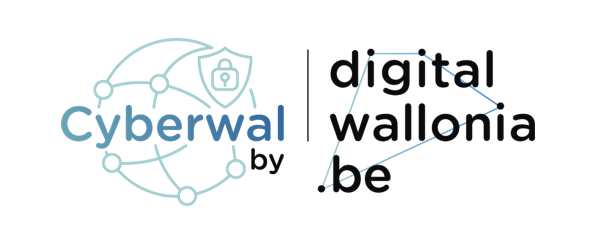Using LoRaWAN and Wi-Fi for smart city monitoring in Louvain-la-Neuve
The latest advancements in computing and network technologies, more precisely in the topics of the Internet of Things (IoT) and cloud computing, are the drivers of wide and seemingly unlimited possibilities of applications. One of the popular fields of application of those technologies are "smart cities", which are urban areas leveraging their potential to improve and facilitate the life of citizens, or the city management and monitoring.
With this master's thesis, our incentive is to apply such concepts to the city of Louvain-la-Neuve. As different municipalities have different requirements, we settled for an application that corresponds to the situation of the city: the monitoring of environmental data, e.g. temperature, pressure, air quality, in different locations in the city.
To this end, we designed and developed an end-to-end system, that can collect such data across the city, and display them publicly on an online interface, such that every citizen can benefit from it. This system is composed of IoT battery-powered sensor devices, deployed in various locations, which periodically measure and wirelessly transmit environmental data. The transmission mainly use a low-power, long range network, LoRaWAN, specifically designed for such applications, but can also benefit from hybrid network interfaces by using the Wi-Fi network in case of urgent data. The environmental data is stored in a time-series database, and displayed on a web interface with user-friendly graphs, maps, and gauges.
As our end devices are powered with batteries, we want to minimize their energy consumption, to optimize their battery life. To estimate and improve said battery life, we evaluated the devices' energy consumption, in multiple scenarios, and selected the most energy efficient parameters.
This thesis contributes to the modern vision of the world, where most services will integrate computing technologies for automation and quality, by using such technologies in the context of a specific city, being Louvain-la-Neuve.
